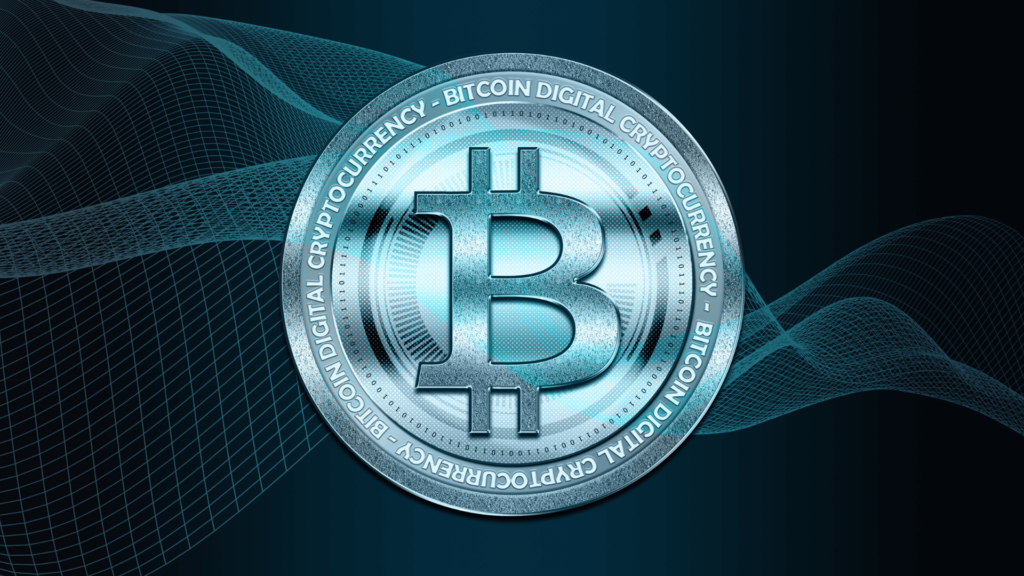As a Nigerian, I’ve been called a scammer more times than I care to remember. Just a few weeks ago, I had an interaction in a Facebook group. The person, not an African, asked me what I do for a living. I replied, “I’m a freelancer.” His response was, “A freelance journalist?” When I clarified that I work as an Upwork-type freelancer, he immediately said, “So, a scammer! Why do you say freelancer?”
Unfortunately, this is not an uncommon experience. As a Nigerian, being called a scammer when interacting with people from other countries happens so often that it almost becomes a norm. It raises an important question: why do Nigerians get labeled as scammers so frequently? Is there something about Nigeria that warrants this stereotype? Are there more scammers in Nigeria than in other countries?
The Truth Behind the “Scammer” Label
The short answer is no, at least according to the World Cybercrime Index and other credible sources. After my most recent experience being called a scammer, I dug into the research, and it supports my belief: Nigeria is not the country with the highest number of online scammers.
Out of curiosity, I wanted to see if people from other countries face similar accusations. I joined various Facebook groups with my Nigerian profile and asked a few provocative questions like, “How can I send money from my credit card to another bank account without being traced?” The responses were predictable: “Are you trying to steal someone’s money?” “Go get a real job,” and “Stop stealing people’s money.”
To test this further, I created a new profile, this time without African indicators, and asked the same questions. The responses were completely different—people offered tips on buying cryptocurrency or gift cards and redeeming them, with no mention of scamming.
It became clear to me: being labeled a scammer is something uniquely reserved for Nigerians. But why?
The Origins of the Stereotype
I believe this perception stems from the infamous “Nigerian Prince” scam that gained notoriety in the 1990s. For those unfamiliar, it involved fraudulent emails where the sender, pretending to be royalty, promised riches in exchange for personal information. The scam became so widespread that it embedded itself in global culture, giving Nigerians an unfortunate reputation.
The media has also played a significant role in reinforcing this stereotype. Whenever a scam has been linked to Nigeria, the Nigerian connection is often emphasized in news reports, leaving the impression that Nigeria is the epicenter of online fraud. This focus has overshadowed the fact that online scams are a global issue, perpetrated by individuals from many countries.
Economic Realities and Unfair Generalizations
It’s undeniable that Nigeria faces significant economic challenges, including high unemployment and poverty. For some, this has led to illegal activities, such as online scams, as a way to make money. However, it’s important to recognize that this is not unique to Nigeria. Countries like the U.S., Russia, and India all have higher rates of cybercrime than Nigeria.
Over time, the perception of Nigerians as scammers has become deeply ingrained in popular culture. Jokes and references to “Nigerian Prince” are widespread on social media, in movies, and on TV, reinforcing the stereotype without considering the broader context.
Redefining Nigerian Identity
To every Nigerian reading this: it’s up to us to challenge this narrative. Every interaction we have is an opportunity to show the world who we truly are. We are fathers, mothers, sons, daughters, brothers, and sisters. We are hardworking individuals, not scammers. It’s time we take control of our identity and show the world the truth.
To those outside Nigeria, I want to say: I am Nigerian. I am a son, a brother, a freelance virtual assistant, and a content creator. And I am not a scammer.
The generalization that all Nigerians are scammers is unfair and harmful. It doesn’t reflect the actions or intentions of the majority of Nigerians, who, like people from every other country, are just trying to live honest and meaningful lives.
It’s time to move beyond stereotypes and see Nigerians—and people from any country—for who they really are.


